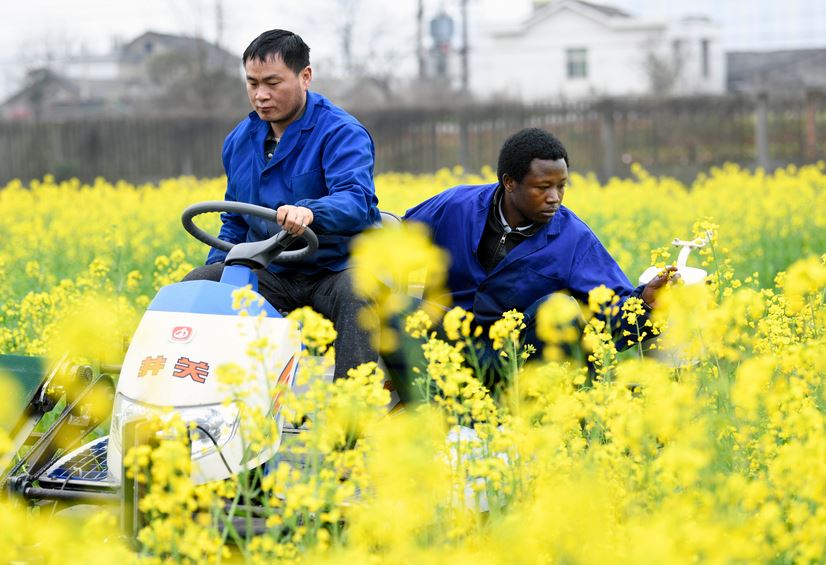×
The Standard e-Paper
Stay Informed, Even Offline

Malagasy farmer Georges Ranaivomanana can finally afford enough bricks to build his own house this year thanks to the growing of hybrid rice introduced by Chinese experts.